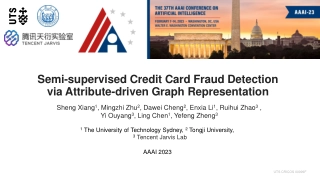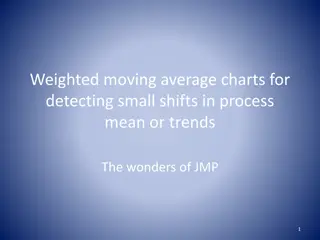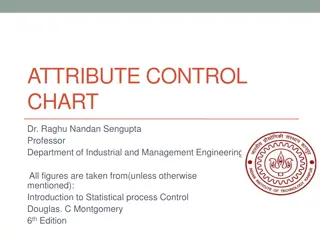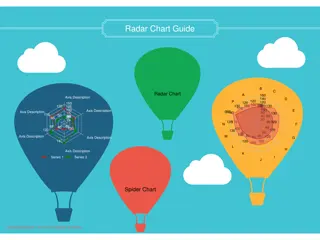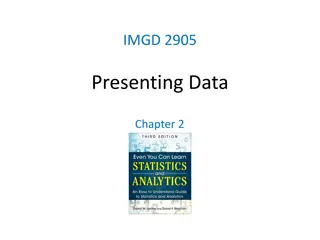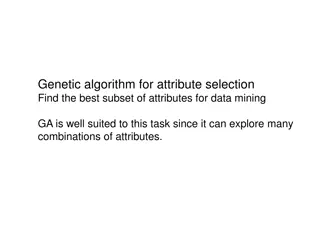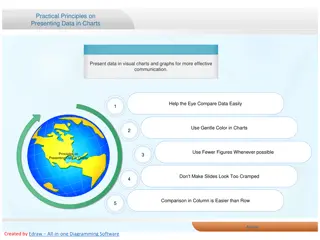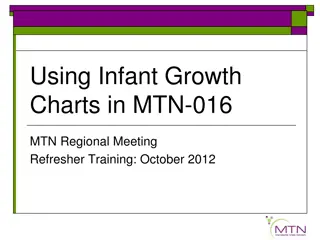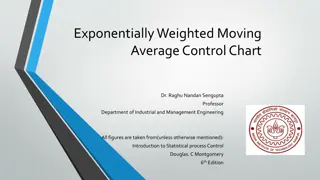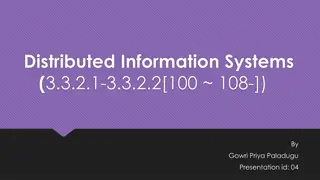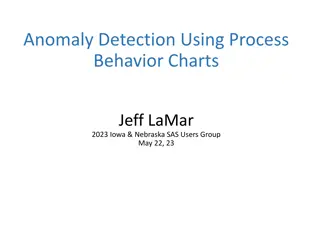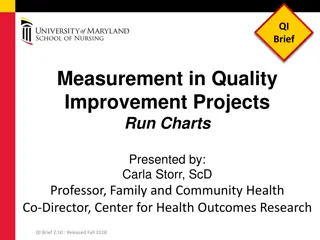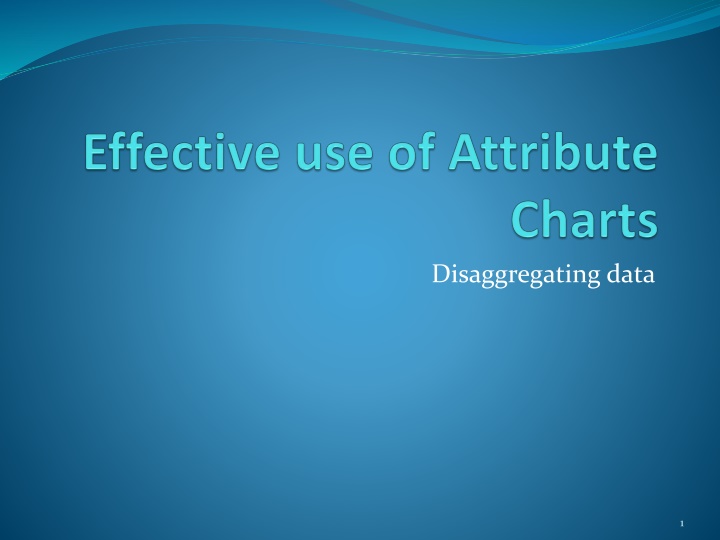
Defects and Causes in Data Disaggregation
Explore the intricacies of data disaggregation, common causes for defects, and how to differentiate signals of special causes from common causes. Discover the importance of not combining different non-conformities for accurate analysis.
Download Presentation

Please find below an Image/Link to download the presentation.
The content on the website is provided AS IS for your information and personal use only. It may not be sold, licensed, or shared on other websites without obtaining consent from the author. If you encounter any issues during the download, it is possible that the publisher has removed the file from their server.
You are allowed to download the files provided on this website for personal or commercial use, subject to the condition that they are used lawfully. All files are the property of their respective owners.
The content on the website is provided AS IS for your information and personal use only. It may not be sold, licensed, or shared on other websites without obtaining consent from the author.
E N D
Presentation Transcript
Insensitivity in Chart Each X value plotted was a sum, i.e. = + + + .... X X X X 1 2 8 where = _ X Foreign Material 1 = _ X Damaged Edge etc. 2 4
What is Common Cause for X? Assuming that different defects occur independently, Sigma(X) can be thought of as = + + + 2 1 2 2 2 8 ... X where = _ _ _ Common Cause defect i i 5
What happens to Signals of Special Cause? What would happen to a signal of Special Cause for defect 1 if all other defects were just reflective of Common Cause? Where else did we encounter this problem? How can this be resolved in each case? 6
Sinks 9
You get the idea Moral of the story, do not combine different non- conformities!!! 11

